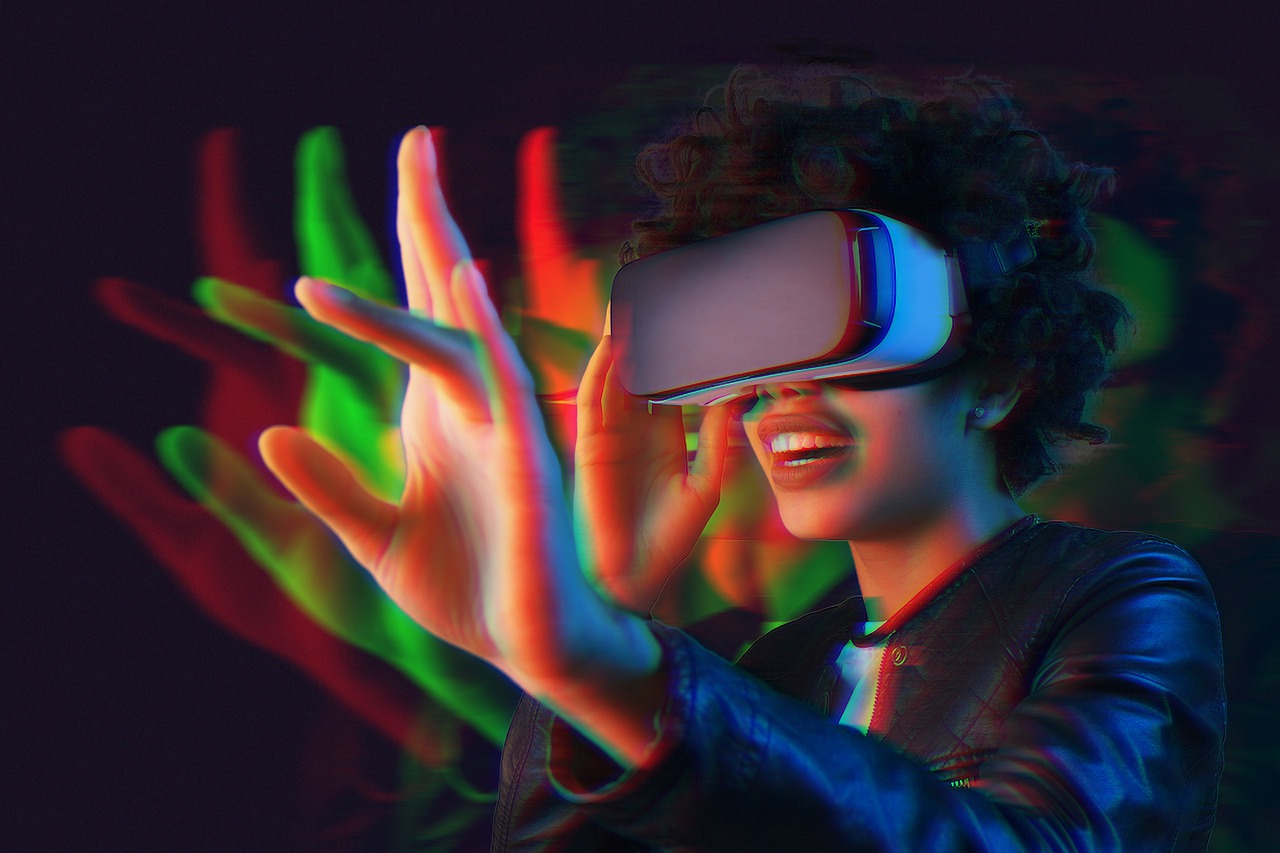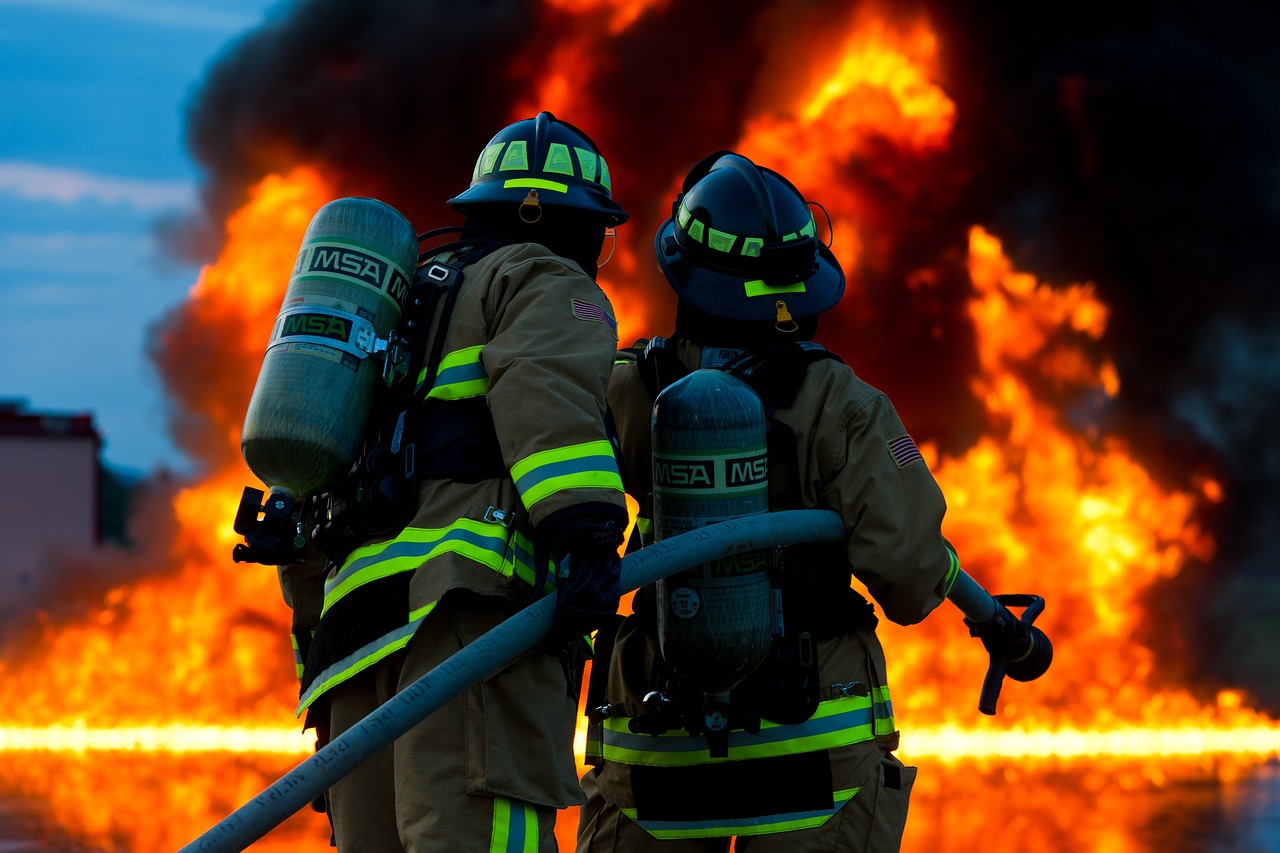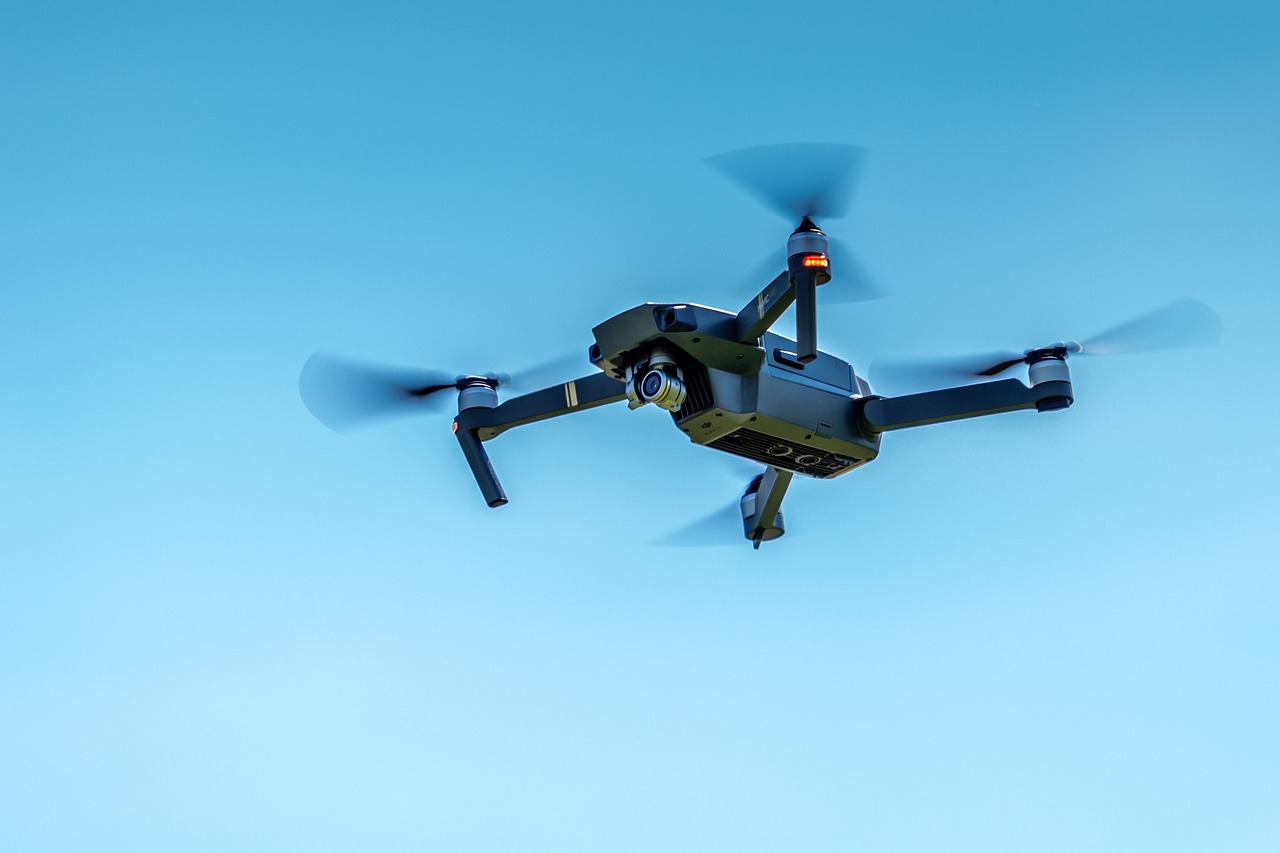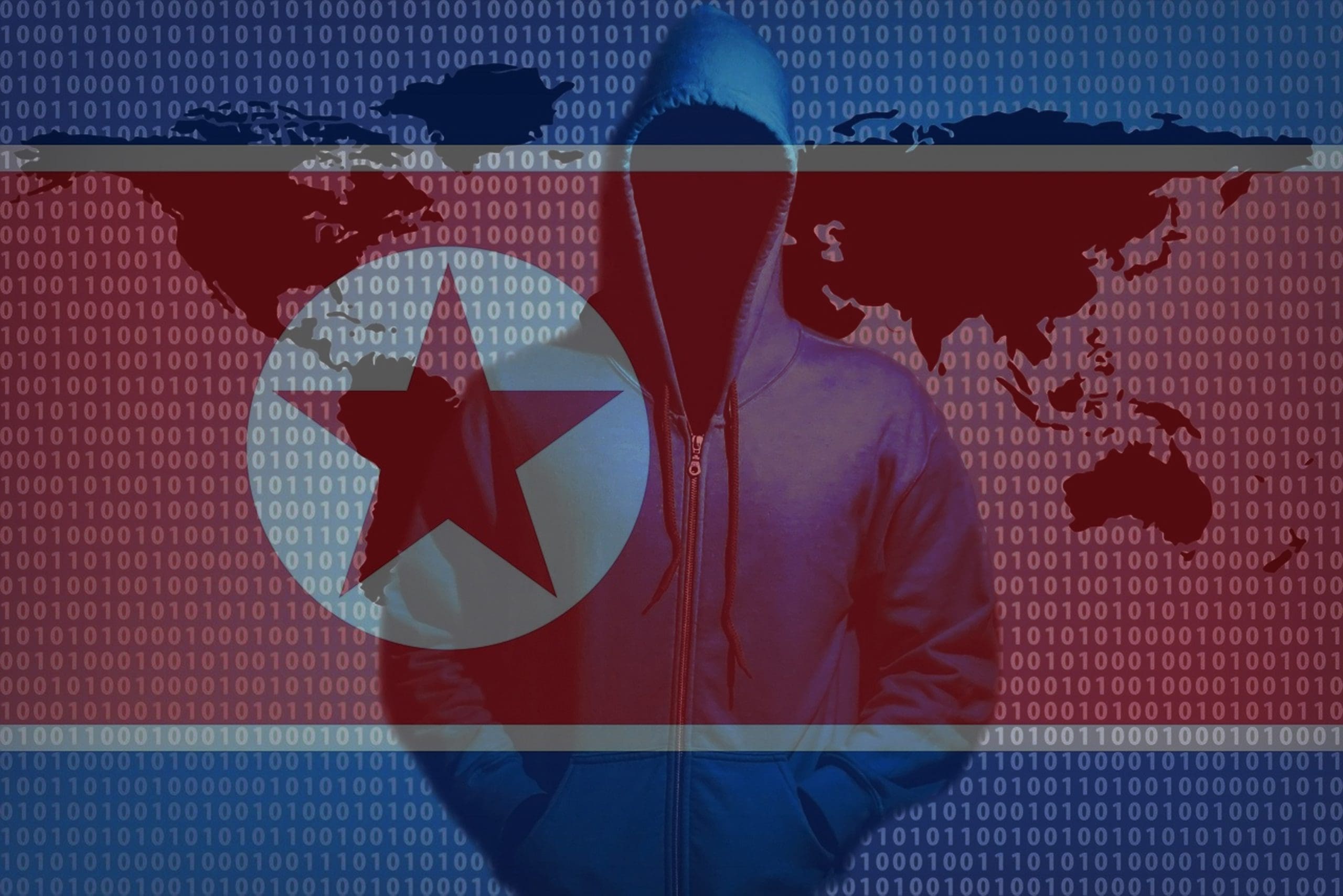This post is also available in:
 עברית (Hebrew)
עברית (Hebrew)
Through virtual reality headsets or augmented reality glasses, people will be able to live their whole lives in environments where the boundaries between the digital and physical are permeable. The metaverse is an immersive virtual reality version of the internet where people can interact with digital objects and digital representations of themselves and others and can move more or less freely from one virtual environment to another.
However, not all is rainbows and sunshine in the metaverse. People with malicious intent see the metaverse as a potential tool in their arsenal. Terrorism researchers at the US DHS’ National Counterterrorism Innovation, Technology, and Education Center (NCITE) in Nebraska assert that the metaverse promises new ways for extremists to exert influence through fear, threat and coercion, and might become a new domain for terrorist activity. According to reports by theconversation.com, the rise of the metaverse will open new vulnerabilities and present novel opportunities to exploit them, complicating counter-terrorism efforts in several ways.
Online recruitment and engagement – the metaverse will make it easier for people to meet up, enabling modern extremism to flourish. The integration of artificial intelligence with augmented reality in the metaverse will enable extremist leaders to meet with their followers, forge and maintain virtual ideological and social communities and expand their spheres of influence.
The metaverse offers new ways to coordinate, plan and execute acts of destruction. With sufficient reconnaissance and information gathering, extremist leaders could create virtual environments with representations of any physical building, which would allow them to walk members through routes leading to key objectives.
Finally, with new virtual and mixed reality spaces comes the potential for new targets. Just as buildings, events and people can be harmed in the real world, so too can the same be attacked in the virtual world. A 9/11 memorial service created and hosted in the virtual domain would be, for example, a tempting target for violent extremists who could reenact the falling of the twin towers.
Prepared to dive into the world of futuristic technology? Attend INNOTECH 2022, the international convention and exhibition for cyber, HLS and innovation at Expo, Tel Aviv, on November 2nd – 3rd
Interested in sponsoring / a display booth at the 2022 INNOTECH exhibition? Click here for details!


























